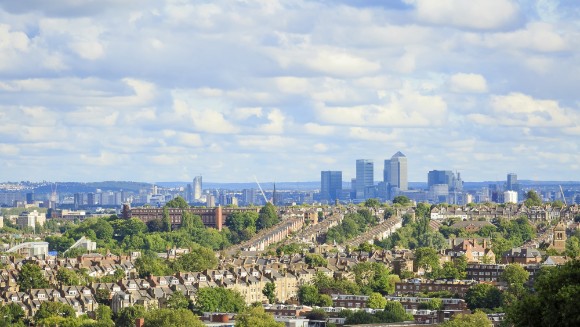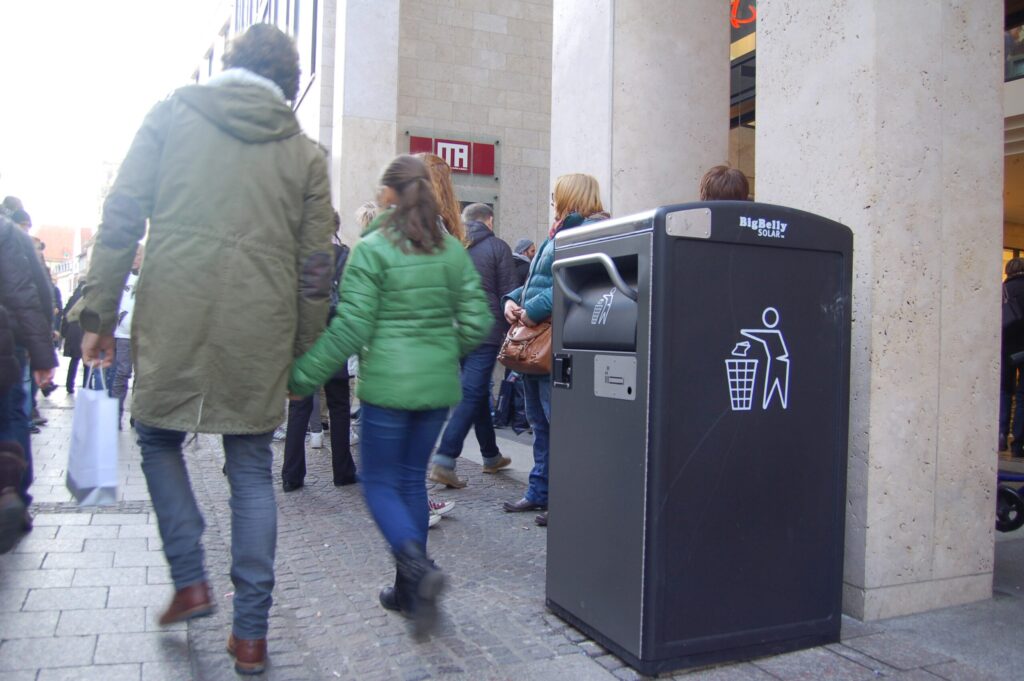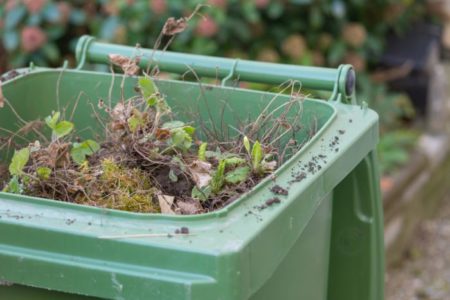The changes will come into force from 4 July for householders in the areas of Boothstown, Cadishead, Irlam, Little Hulton, Pendlebury, Swinton, Walkden and Worsley.

The move was approved by the local authority in November 2015 (see letsrecycle.com story ) despite some opposition from residents.
Report
According to a report released by the council last year, the change has been sanctioned due to mounting financial pressure – with the council’s waste costs expected to rise to £19.7 million by 2017-2018.
Salford council believes the changes will save £470,000, and councillor Gena Merrett, executive lead for housing and environment, said the scheme is a chance to boost the area’s recycling rate – which has plateaued at 42%.
Garden and food waste will still be collected weekly and recycling will be collected fortnightly under the new system.
Salford is the third Greater Manchester district council behind Bury and Rochdale to make this change.
In an interview with letsrecycle.com in February, Rochdale council claimed that its switch to three-weekly residual waste collections had heralded ‘better than expected’ results (see letsrecycle.com story).
Collections
Three-weekly residual waste collections are becoming increasingly common across the UK as councils seek to find measures to cut service costs and boost the tonnage of recyclables collected from householders.
Pioneers of reduced residual collection frequency services include Falkirk which moved its green bin residual waste collections to a three weekly service in May 2014, and Gwynedd in Wales which began the rollout of a three weekly service to residents in October 2014.
Bury became the first local authority to adopt the service, also in late 2014.








Subscribe for free